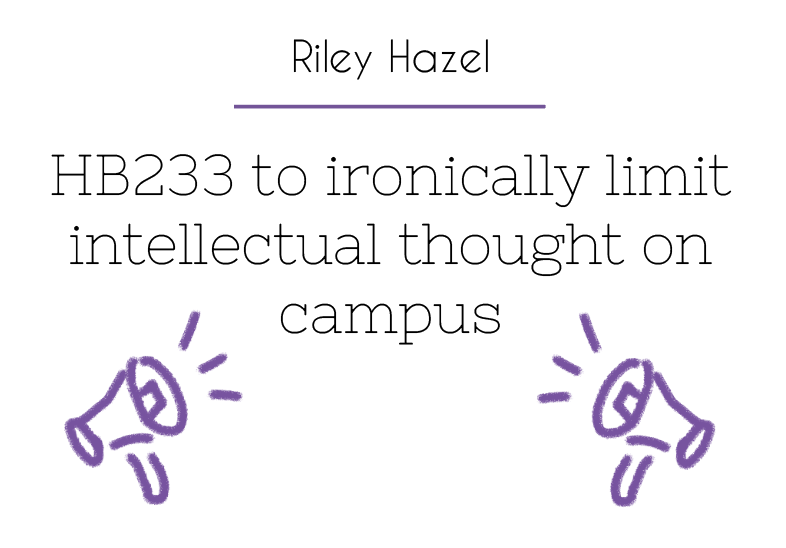HB233 to Ironically Limit Intellectual Thought on Campus
August 5, 2021
Governor Ron DeSantis signed legislation this past month that will require public universities and colleges to annually survey their students and staff about their beliefs, citing in the bill that these inquiries will further “intellectual freedom and viewpoint diversity.”
The bill is not clear on how the results will be used after they are published. FGCU President Dr. Mike Martin has expectations for the turnout. “I’m hoping that it leads to a useful conversation on how we better the communities we serve and not turn into some political sideshow,” Dr. Martin said in an interview on Gulf Coast Live.
Those institutions that fail to release survey results by September 1, starting in 2022, will likely face repercussions, hinted DeSantis during a stop at Three Oaks Middle School in Lee County.
“We obviously want our universities to be focused on critical thinking and academic rigor,” he said. “We do not want them as basically hotbeds for stale ideology. That’s not worth tax dollars, and it’s not something that we will be supporting.”
In an attempt to ensure a safe learning environment where thoughts are freely expressed, DeSantis has created an environment where attention is drawn to politics rather than brought away. Despite promises that the survey will be non-partisan, it will undoubtedly have some degree of partisan influence as it is proposed to be written by the Board of Governors, according to the bill.
In his interview, Dr. Martin discussed a similar law that was put in place in Colorado, where he served as Chancellor Emeritus and a Senior Fellow at Colorado State University. Colorado universities were required to survey the beliefs of students and faculty.
“While there may be a bias to those that have a more liberal view on the world, students didn’t feel like that had any impact on being accepted on campus or the ability to speak up,” Dr. Martin reported. “Campus views did not statistically influence a student bias.”
DeSantis promoted the bill by claiming that he knows of parents concerned for their children’s education. ”One of the things they worry about, is if you send a kid to a university will they be indoctrinated, or will they actually be taught to think for themselves, challenge assumptions and be critical thinkers and learners?” DeSantis said at the bill signing.
DeSantis failed to mention any specifics surrounding the legislation, and the lack of clarification throughout the bill for its use is worrying for students and faculty among public institutions. The news comes after he supported voting restrictions and banned critical race theory throughout K-12 schools without clear evidence of it being taught.
It’s clear what DeSantis’s motive is here: to win over right-leaning media ahead of his reelection campaign in a political jab at public education.































